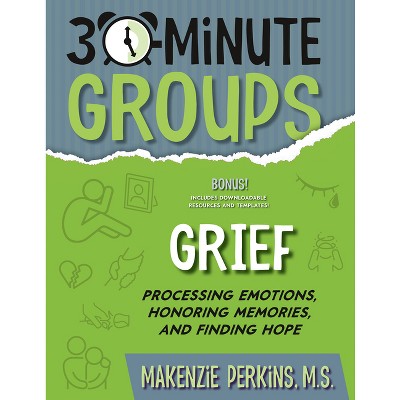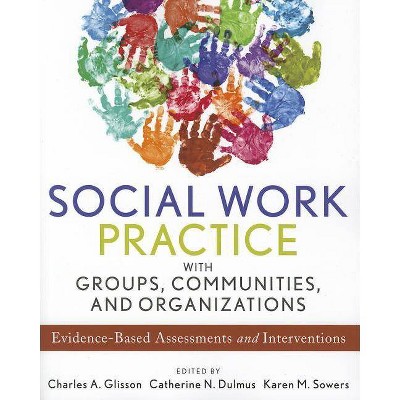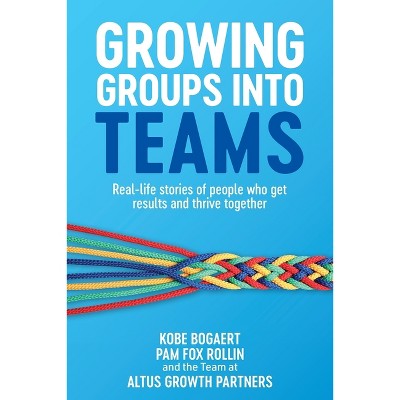Sponsored

Groups That Work - 2nd Edition by Paul Ephross & Thomas Vassil (Paperback)
In Stock
Sponsored
About this item
Highlights
- Social workers, planners, health professionals, and human-service administrators spend much of their time in meetings, working in and with groups.
- About the Author: Paul H. Ephross is a professor at the University of Maryland School of Social Work.
- 237 Pages
- Social Science, Social Work
Description
About the Book
Health and human services depend upon working groups for their development and allocation of resources, their standards of quality, and the evaluation of their success or failure. With that in mind, Ephross and Vassil combine innovative group theory and practice in this "how-to" guide for professionals. They draw on examples from social agencies, a hospital, a low-income community, and the boardroom, providing practical principles for day-to-day group life based on a democratic model.
Book Synopsis
Social workers, planners, health professionals, and human-service administrators spend much of their time in meetings, working in and with groups. What meaning does participation in these groups have for members? Some of the events that are most important for members of the various professions, and those whom they serve, take place within these groups. Health and human services depend upon their working groups for their development and allocation of resources, their standards of quality, and the evaluation of their success or failure. In short, these groups are relied upon to come up with creative solutions to complex problems.
Despite the amount of time spent in meetings, committees, and so on, very little has been written about the skills necessary for effective participation and leadership within working groups. With that in mind, Ephross and Vassil combine innovative group theory and practice in this "how-to" guide for professionals who take a variety of roles within the group. They draw on examples from social agencies, a hospital, a low-income community, and the boardroom, providing practical principles for day-to-day group life based on a democratic model. This revised edition also explores the changes that have taken place in the structure and operation of working groups in recent years and the heightened expectations for groups within large organizations.Review Quotes
Since little has been written about task or working groups in the social work literature, the first edition of Ephross's and Vassil's "Groups that Work" provided much needed knowledge about task focused groups. In the second edition, the authors provide additional insights and add depth to our understanding about the critical functions (e.g., development and allocation of resources, quality control and evaluation of outcomes) that these groups perform for organizations. Moreover, the second edition expands our knowledge about organizational leadership, increases case studies and analyses, and examines the transactional processes within and between work groups.
To be organizationally effective, social workers must learn how to astutely analyze and effectively participate in agency or organizational work groups. Hence, this book takes on special relevance and I strongly recommend it to prospective readers.
About the Author
Paul H. Ephross is a professor at the University of Maryland School of Social Work. He is the coauthor of several works, including Group Work with Populations at Risk (with G. L. Greif) and Ethnicity and Social Work Practice (with C. B. Cox).Thomas V. Vassil is an associate professor at the University of Maryland School of Social Work. He is the coauthor of Groups in Social Work: An Ecological Perspective (with P. R. Balgopal).Shipping details
Return details
Trending Non-Fiction






Discover more options





